People
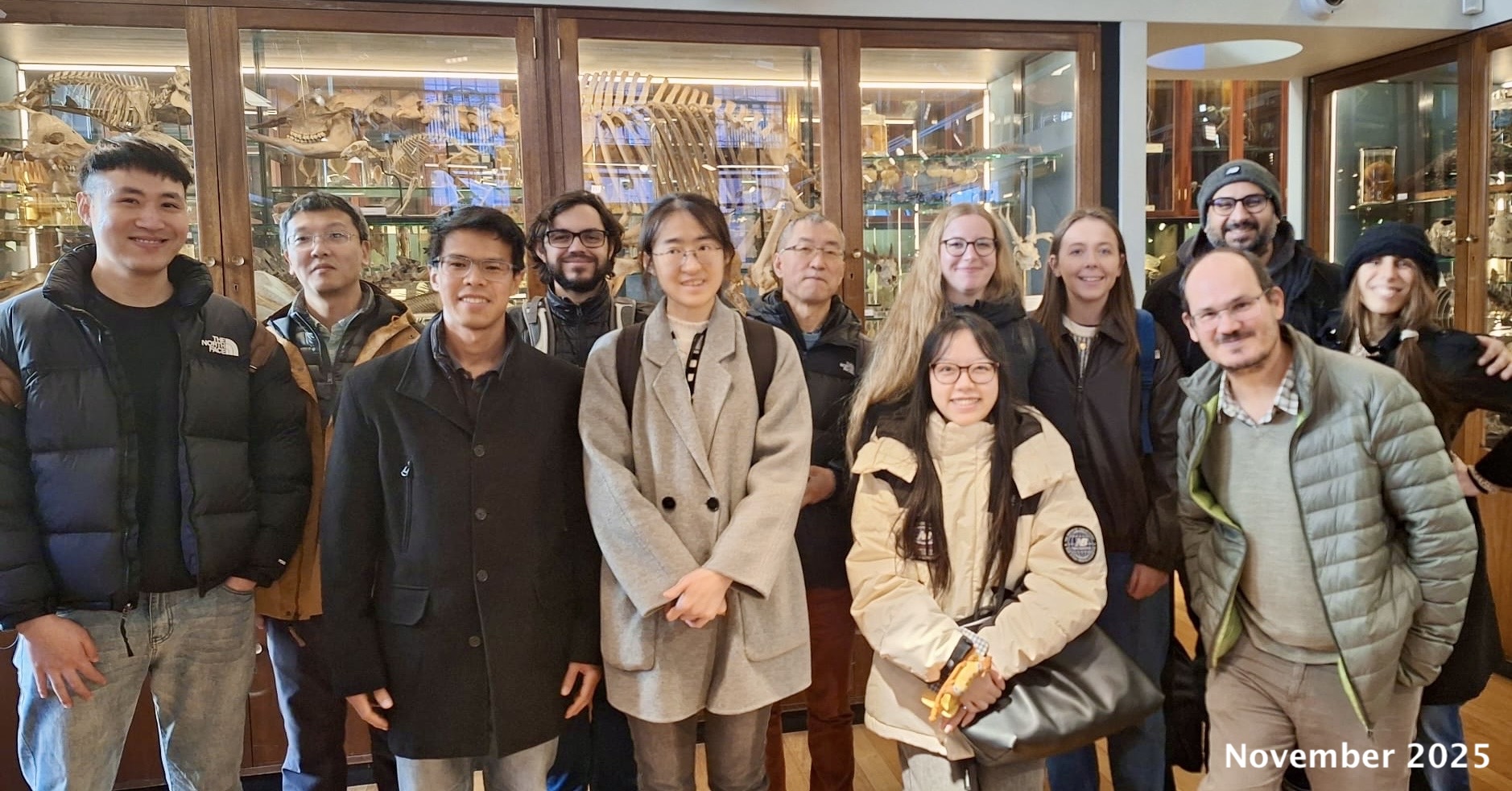 Photo: dos Reis and Yang research groups, and visitors, at the Grant Museum, University College London. Left to right: Jiayi Ji, Chi Zhang, Yuttapong Thawornwattana, Lucas Freitas, Zihui Yang, Ziheng Yang, Yuqing Peng (bottom), Siri Olsen (top), Laura Mulvey, Mario dos Reis (bottom), Asif Tamuri (top), Sandra Álvarez-Carretero.
Photo: dos Reis and Yang research groups, and visitors, at the Grant Museum, University College London. Left to right: Jiayi Ji, Chi Zhang, Yuttapong Thawornwattana, Lucas Freitas, Zihui Yang, Ziheng Yang, Yuqing Peng (bottom), Siri Olsen (top), Laura Mulvey, Mario dos Reis (bottom), Asif Tamuri (top), Sandra Álvarez-Carretero.
The dos Reis Lab is located in the School of Biological and Behavioural Sciences at Queen Mary University of London.
Mario dos Reis, Reader in Statistical Phylogenetics

Mario’s research in evolutionary biology focuses on obtaining inferences from genomic data to understand species adaptation and evolution through time. His research involves both, the development of statistical tools to analyse molecular sequences, and the application of those tools in empirical data analysis. He is particularly interested in working out the timeline of mammal evolution and other animals, as case studies in evolutionary biology. Mario has a degree in Biology from Universidad Simón Bolívar, Caracas, Venezuela (2000), and MSc (2003) and PhD (2010) in Bioinformatics from Birkbeck College, London.
Laura Mulvey, Postdoc
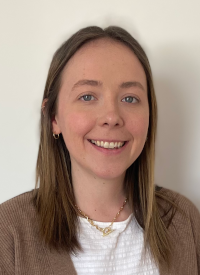
Laura finished her PhD in 2024 at Friedrich Alexander University Erlangen-Nuremberg. Her work centred around the incorporation of fossil data into phylogenetic inference. Specifically, the use of model adequacy for understanding the suitability of discrete morphological models, as well as the application of Fossilised birth-death models. Her current research in the lab focuses on large scale divergence time studies with MCMCtree, and the implementation of Hamiltonian Monte Carlo sampling for phylogenetic inference.
Joseph Minus, PhD student

Joseph is a PhD student on the London NERC DTP working with Mario dos Reis at Queen Mary University of London and Anjali Goswami at the Natural History Museum. His research is focused on integrating phylogenomic and continuous morphological data, in the form of 3D cranial landmarks and curves, to estimate species divergence times in mammals. To achieve this aim, Joseph is assembling a morphological database of 3D cranial scans four thousands of mammals at the genus level. Joseph studied Zoology at the University of Exeter and completed a masters in Ecology, Evolution and Conservation at Imperial College London.
Siri Olsen, PhD student
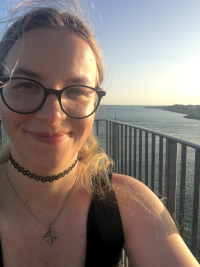
Siri is a PhD student with the London NERC DTP, working with Mario dos Reis and Aida Gómez-Robles from Anthroplogy at University College London. Her research will focus on integrating genomic and morphometric data to reconstruct the phylogeny of the hominins and study temporal trends in hominin cranial morphology. Siri holds a BA in Prehistoric Archaeology from the University of Copenhagen, Denmark, and an MSc in Human Evolution and Behaviour from University College London.
Yuqing Peng, PhD student

Yuqing obtained a BEng in Environmental Engineering at Chengdu University of Information Technology, China, and then an MSc in Environmental Engineering at Cranfield University, UK. During the MSc period, Yuqing was trained in R, C and HPC for modelling and statistical analysis of sample data. As a PhD student in the dos Reis lab, Yuqing will focus on phylogenetic models of natural selection and the molecular clock to analyse phylogenomic data from more than 300 mammal species.
Past Members
Ishika Kaur Johar and Zahedul Islam (2025), MSc students
Ishika and Zahedul are developed an R package for SNP analysis as part of their MSc Bioinformatics project.
Muthukumaran Panchaksaram (2020-2024), PhD student
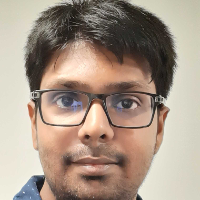
Muthukumaran graduated as B.Tech (Bachelor of technology) in biotechnology at Sathyabama University, Chennai, India. He then pursued further studies in the same branch as a M.Tech student at Vellore Institute of Technology. His research focussed on designing a statistical QSAR (quantitative structure-activity relationship) model using multivariate image analysis for the prediction of biological activities of flavonoid derivatives, pharmaceutically active against acetylcholinesterase and HIV-1 inhibitors. As a PhD student in the lab, he worked on statistical methods to detect adaptation in molecular sequences and tests of the molecular clock.
Andaman Kaosung (2024), MSc
Andaman carried out his MSc in Biodiversity and Conservation project on the evolution of shrikes (Laniidae, Aves).
Gustavo Ballen (2021-2023), Postdoc
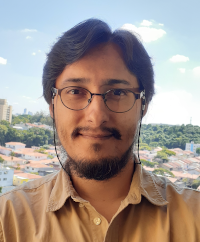
Gustavo finished his PhD in São Paulo, Brazil, and joined the lab to work on the development and application of morphological models in Bayesian models of divergence time estimation. You can checkout Gustavo’s research in his homepage.
Nayelí Escudero Castelán (2017-2021), PhD student
Nayelí worked with Prof. Maurice Elphick and Dr. dos Reis on the evolution of neuropeptides in echinoderms.
Sandra Álvarez-Carretero (2016-2020), PhD student

Sandra obtained a BSc in Biochemistry and Molecular Biology at the Universidad Rovira I Virgili, in Spain, and then an MSc in Bioinformatics at Högskolan I Skövde, in Sweden. Sandra was a PhD student in the lab between 2016 and 2020 working on the application of Bayesian MCMC statistical methods to study species divergences through time. She finished her PhD with eight papers and she won the 2019 Ernst Mayr Award from the Society of Systematic Biologists.
Lucas Freitas (2019), Postdoc
Lucas visited the lab between January 2019 and January 2020, to work on methods of clock dating, and to detect positive selection and convergent evolution in molecular sequences.
Gabriela Calegario (2019), Postdoc
Gabriela visited the lab between January 2019 and January 2020, to work on phylogenetic identification of prokaryotes from core samples of the ocean floor under the Amazon River discharge plume.
Iván Ezquerra Romano (2018), PhD student
Iván did his PhD rotation (BBSRC LIDo) in the lab, using the multi-species coalescent to date divergences among human populations.
Joseph Deane (2021), MSc student
Joseph worked on assessing the effect of rate correlation among loci (i.e. the lineage effect) on Bayesian estimation of divergence times.
Hasmita Patel (2018), MSc student
Hasmita did her MSc Bioinformatics project at the dos Reis lab on analysis of human populations under the Bayesian multi-species coalescent model.
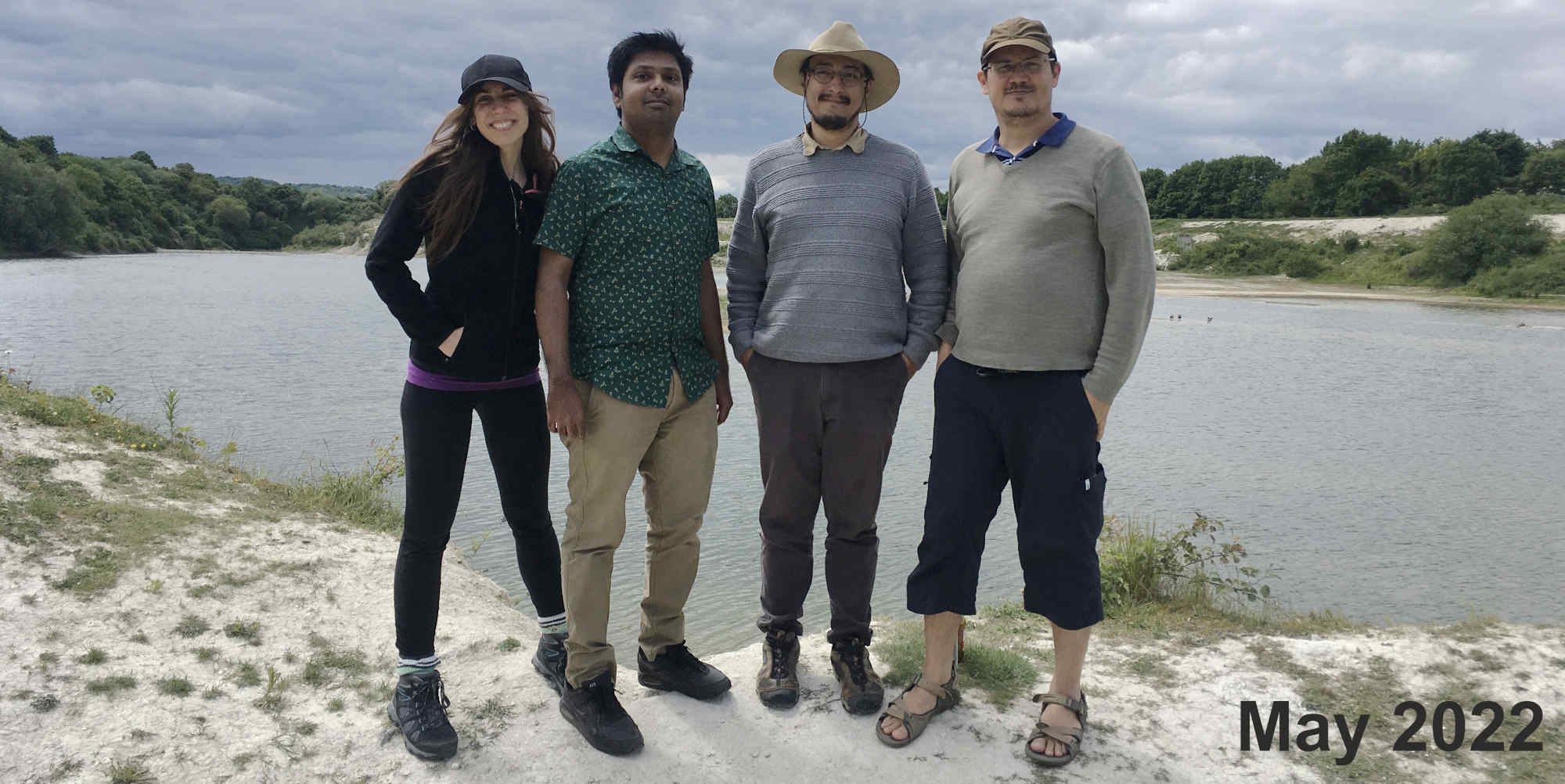
Updated 24th Nov 2025.